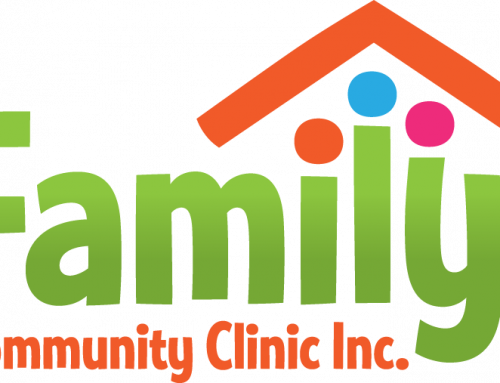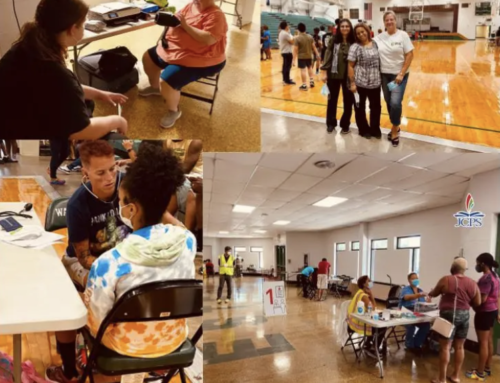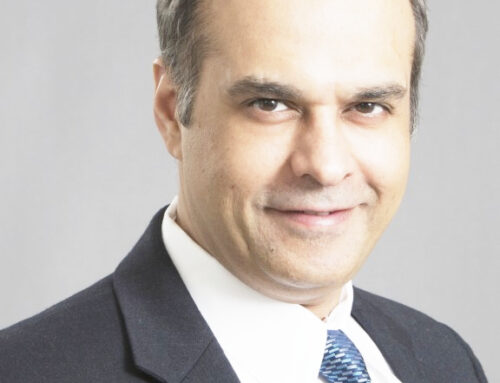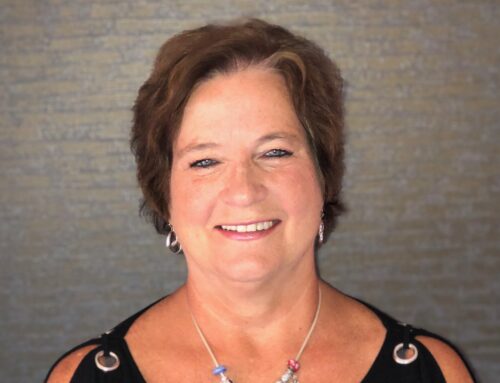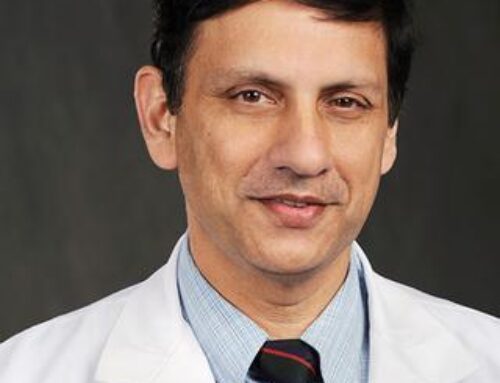
Muhammad Babar
Medical director, Kentucky Care Hub, Signature Healthcare LLC
Describe your job and your responsibilities.
I am board certified in internal medicine, geriatric medicine and hospice and palliative medicine. I actively provide care in post-acute long-term and rehabilitation facilities and serve as regional Hub Medical Director with Signature Healthcare LLC.
I work at UofL Health – Mary & Elizabeth Hospital and serve as assistant clinical professor with department of family and geriatric medicine [at] UofL. I am a medical director with Department of Medicaid Services (Kentucky Cabinet for Health and Family Services).
I founded the nonprofit organization Doctors for Healthy Communities, with a focus on population health – especially the well-being of children and seniors in our Commonwealth of Kentucky.
Tell us about a major professional accomplishment over the past year.
I have been on the forefront of Covid-19 global pandemic along with other fellow health care workers from day one. Signature Healthcare formed Covid-19 units in two facilities at the onset of the pandemic. These Covid units enabled us to manage seniors who had mild Covid illness rather than transferring patients to the hospital.
In this way, we can not only improve the quality of life of our seniors but also do not overburden already stretched out acute care hospitals.
Signature at Jefferson Manor Covid-19 unit is still serving the seniors and I consider it a great achievement as medical director.
To you, what makes someone a health care hero?
Every individual who serves in health care is essentially a health care hero as they put their patients above themselves at all times. It is most evident in this pandemic as doctors, nurses, nurse aides, pharmacy/physical therapy/dietary/food/maintenance/security and housekeeping staff are relentlessly serving Covid patients while putting themselves and their loved ones at risk.
They all are true health care heroes who are carrying a person like myself on their shoulders. I represent all their sacrifices in this recognition.
What makes you hopeful about the future of health care in our community?
What makes me hopeful are the young professionals who are joining the health care field.
I see more and more individuals who are entering the profession by choice. They are more aware of issues like burnout and importance of self-care than the previous generations. I also see them more inclined to work in collaboration with others rather than in silos.
There is also remarkable growth on various health care innovations to improve an equitable delivery of health care. It also is heartwarming to see the young professionals more engaged in philanthropic work and giving back to the society.
What’s the biggest misconception about working in the health care field?
As a geriatrician, I believe biggest misconception created by advertisements of shark attorneys is that long-term and rehabilitation facilities are abusing their residents. On the contrast, these facilities are doing their best in providing quality care to their residents in a broken health care system with so many limitations.
Majority residents of long-term and rehabilitation facilities have complicated medical issues that result in physical debilities making it impossible to either live independently or with the assistance of their loved ones in their homes. These facilities and staff are facing similar staffing challenges as other employers reflecting our society – whether it is perfect or imperfect.
Therefore, it is unfair to pick isolated unfortunate instances to malign rest of the hardworking health care workers and the facilities.
What advancement in health care are you most looking forward to?
Health care has changed dramatically over the last few decades with explosion of knowledge and new innovations. The digital revolution on health care came with its own growing pain which led loss of productivity, early retirements of some very qualified individuals and burnout.
The good news, we are seeing more collaboration and integration in health care entities. I am looking forward to the new ideas where health care be more affordable, equitable and patient centered.
The technology will be user friendly that lessen the administrative burden on the providers and able them to spent more with their patients and for self-care.
What have you learned the most or what has stuck with you in working through the Covid-19 pandemic?
If I want to describe in one word what I learned during the pandemic, it’s perseverance. The whole world is upended by the ravaging Covid-19 infection. It has affected every part of the life from workplaces, schools, health care, traveling, to basic areas like shopping and dining.
So many of us had to get used to online meeting and remote learning. People were not able to travel to see their loved ones and kids not able to attend schools.
During this time of uncertainty and fear, there were so many who answered the call to serve others. Among them were health care providers like nursing aids, housekeepers, clinicians, nurses and dietary staff who knowingly put their lives to risk just to help others. I saw my co-workers drenched in sweat after twelve-hour shift wearing gown and mask only to repeat this again next day.
These are the real heroes who deserve our accolades for their resilience and perseverance in this global pandemic.
What makes you hopeful about the future of health care in our community?
What makes me hopeful are the young professionals who are joining the health care field. I see more and more individuals who are entering the profession by choice. They are more aware of issues like burnout and importance of self-care than the previous generations. I also see them more inclined to work in collaboration with others rather than in silos.
There is also remarkable growth on various health care innovations to improve an equitable delivery of health care.
It also is heartwarming to see the young professionals more engaged in philanthropic work and giving back to the society.
